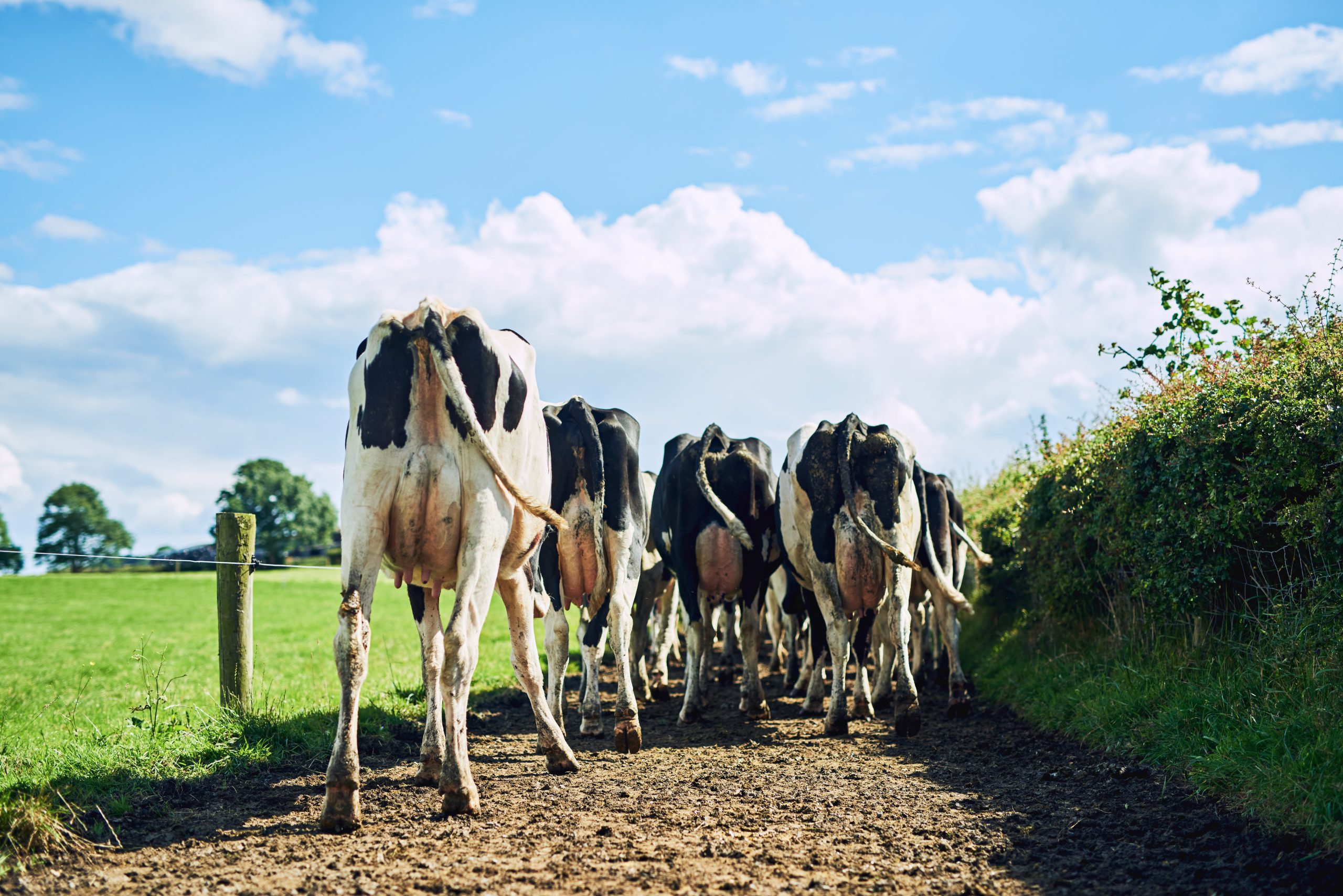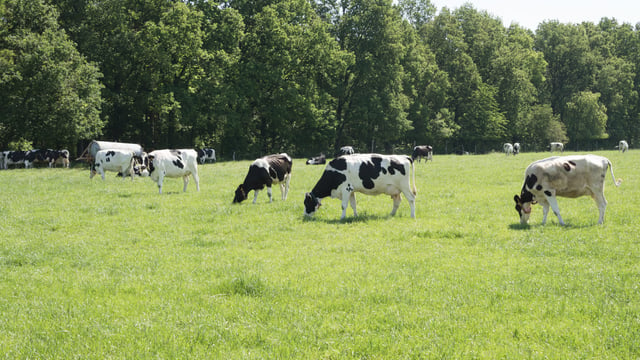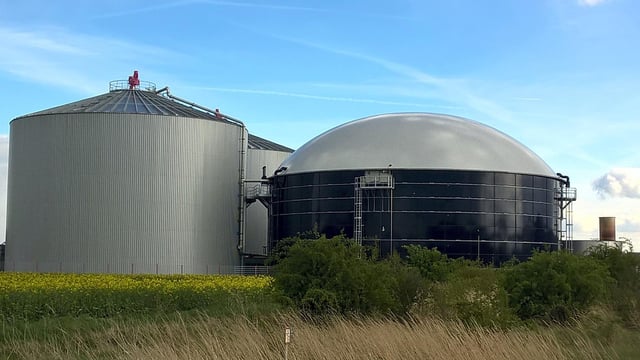Could an 'emissions trading scheme' approach help improve Irish water quality?
Researchers have put forward the concept of developing an "emissions trading scheme" approach to improving water quality in Ireland.
The novel idea came out of the WaterMARKE research project which investigated a range of issues that impact on water quality including farm size, farm systems, economic pressures and farmer behaviour.
Researchers pointed to the fact that within climate change policy, there have been proposals to develop emissions trading schemes.
They stated in their report that these "allow those who can benefit from production to purchase emissions permits from others".
Researchers suggested that a similar approach could be developed for water quality, "but implementation would need to be at the catchment scale rather than the national scale".
"For water quality, the potential load limit would have to be defined at the catchment scale. This is different from the Nitrates Directive, which sets a national limit regardless of the hydrology, supplemented by a derogation for farmers who engage in additional measures.
"An emissions trading programme such as this would enable resources to be shared more equally, facilitating a more just transition".
They set out in their report that "provided the biophysical and risk contexts of the catchment allowed for expansion", a programme could be developed that would allow dairy farmers to expand, given the higher return to land and investment from dairy than from other sectors, "but with resources transferring to the holders of emissions permits".
"It would facilitate a just transition, as high-income farmers compensate others, such as beef farmers, within the catchment.
"Limits would need to be set at a level consistent with good water quality in a catchment," researchers stated.
The WaterMARKE research report also identified that "know-how and farmer norms" could be key drivers when it come to improving water quality,
The research team examined what barriers might prevent farmers from "adopting practices that can improve water quality".
Their key findings highlighted the necessity of "localised solutions" including the importance of farm advisors and local farming "champions".
They also found that "collaboration among stakeholders, and providing knowledge and resources to farmers" was fundamental to encouraging farmers to adopt measures to improve water quality.
"As expected, financial and transaction - hassle, training - costs were barriers to adoption. Loss of productive area - opportunity costs - varied according to farm system and location.
"Know-how and farmer norms were particularly important drivers of behaviour.
"It was found that farmers required adviser support to identify farm-level water quality risks and to understand the technicalities and time, financial resources required to implement measures," researchers outlined.
The WaterMARKE project, which was led by Teagasc and published by the Environment Protection Agency (EPA,) also highlighted "the crucial role of trust between advisers and farmers".
However, advisers told researchers that they need support both in upskilling, due to the complexity of "water quality mitigation" and in allocating time to addressing water quality awareness and improvement with their farmer clients.
Researchers stressed the importance of innovative and collaborative “system-wide” efforts to foster meaningful change at farm level across government departments, researchers, co-operatives, advisers and farming organisations.
"As the underlying science, context and potential solutions are highly complex, greater know-how is required at farm level to mitigate differential or diffuse pathways of loss to water.
"Drawing on social psychology, the research clearly demonstrates the importance of behavioural drivers in increasing measure adoption.
"In this context, joint farmer activities - such as discussion groups - are particularlyimportant in developing and improving positive behavioural drivers of adoption," researchers detailed.
They also highlighted that "broadening the scope of legislation-based agriculturaldata-sharing agreements for research analytical purposes", while remaining General Data Protection Regulation (GDPR) compliant, would "considerably augment" research modelling capacity.
"For example, it could facilitate the quantification of the economic implications of EPA Catchments Unit analyses," researchers added.






